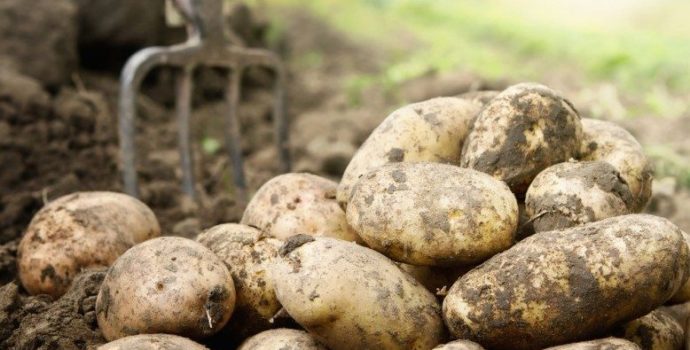Reducing Meat Consumption in Europe Will Not Solve International Climate Challenge – IFA

Harold Kingston, IFA’s Environment Chairman has described proposals by Swedish scientists that Europeans should reduce, and even end, meat consumption as “a farcical solution to addressing the international climate challenge, which ignores the positive carbon storage and biodiversity contributions of grazed grasslands in countries such as Ireland.”
“Simplistic proposals that European citizens should become vegetarians may get headlines but they do little to develop a coherent response to the climate challenge. Such proposals do a disservice to the thousands of farm families across Europe, particularly in Ireland, who are global leaders in sustainable food production.”
“No other country in the world monitors, measures and manages carbon from farm to fork. Initiatives such as the IFA-led Smart Farming programme addresses the dual challenges of improving farm incomes while reducing environmental impacts. In addition, farmers participate in carbon audits, with over 70,000 farmers measuring carbon in programmes such as Bord Bia’s Quality Beef Assurance programme. This is supported by a clear commitment from Government, with over €2 billion of the Rural Development Programme budget dedicated to climate and agri-environment programmes such as GLAS and TAMS. ”
This commitment to environmental improvement by so many farmers is unique. It represents a credible path for the sustainable intensification of the sector, with a fall in emissions by 9% since 1990, while the sector reported its sixth consecutive year of growth in exports.
Future growth in demand for agricultural produce is likely to take place outside of Europe, with Asia’s share of the new middle class projected to more than double to 2.7 billion. This is where the real demand for emission-efficient foods will come from.
Researchers would do a better service when addressing the climate challenge to develop credible proposals for sectors such as transport and energy, which make up 90% of the emissions in the EU, rather than pursuing unrealistic meat-free proposals.




